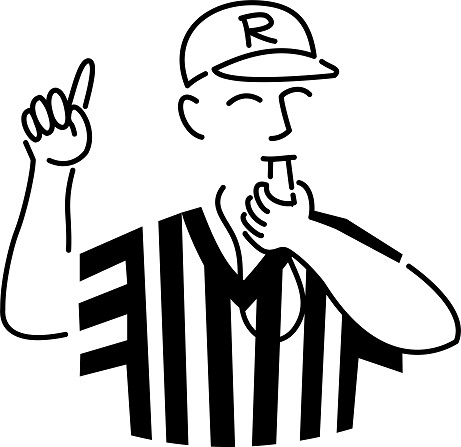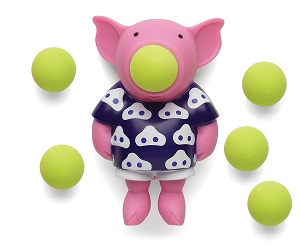
_By Elyse Pycraft, M.S., CCC-SLP
As I’m sitting here watching the World Series, I’m thinking about how easy it is to strike out when working with a new AAC user. Whether you are a clinician, teacher, or parent, we’ve all had those days when you feel like you are bringing your best game, but you just keep striking out.
As a consultant, I do not have a room full of toys at my disposal; I carry a small bag of toys and hope that something catches the interest of the individual I’m working with. Much like in baseball, once I pull three strikes out of my bag, I’m out, and I better think of some other way to score a homerun with this child.

Here is an example of a strike out situation that I have found myself in many times: I start with bubbles and intend to target “more,” “again,” “open,” “you,” and “me.” The student stares at me with no interest. Strike one.
Let’s “open” the bag and look for “more” toys (I model target words as I scramble for another toy). I grab a wind-up toy so we can work on “help,” “go,” “more,” but yet again I get an unenthused stare. Strike two.
Okay, I think to myself, I’ve got this great dinosaur popper that you squeeze and a little ball flies across the room (search Hog Wild Popper on Amazon- you won’t be disappointed); no one can refuse this toy, right?! We will target “go,” “help,” “in,” “again,” and it will be a big hit. Despite my efforts, and clumsily running around the room to retrieve the balls and put them “in” and shoot them “again,” I’m getting another stare. Maybe even an eye roll. Strike three.

This child does not care what else is in that bag, so I can either give up, or change up the batting order and try something new. Interjections are a great way to encourage joint interest. - If toy isn’t a hit, knock it off the table and say “oops.” - If presented an edible that was not a hit, model “yuk!” - Give the opportunity for protesting and model “all done.” - Make two toys crash and say “ouch,” or “yikes!”
Maybe it’s worth abandoning the tangible items and just going with social interactions. Start modeling different feelings and acting them out: - I feel “sick” then dramatically fake a sneeze. - I feel “silly” and make your silliest face and sounds. - I feel “tired” then pretend to sleep. - I feel “mad” and stomp around the room scowling.
The list could go on and on, but the important thing to remember is that just because your planned activities weren’t a hit, doesn’t mean you have to accept a strike-out.
Stories and Strategies fo...
